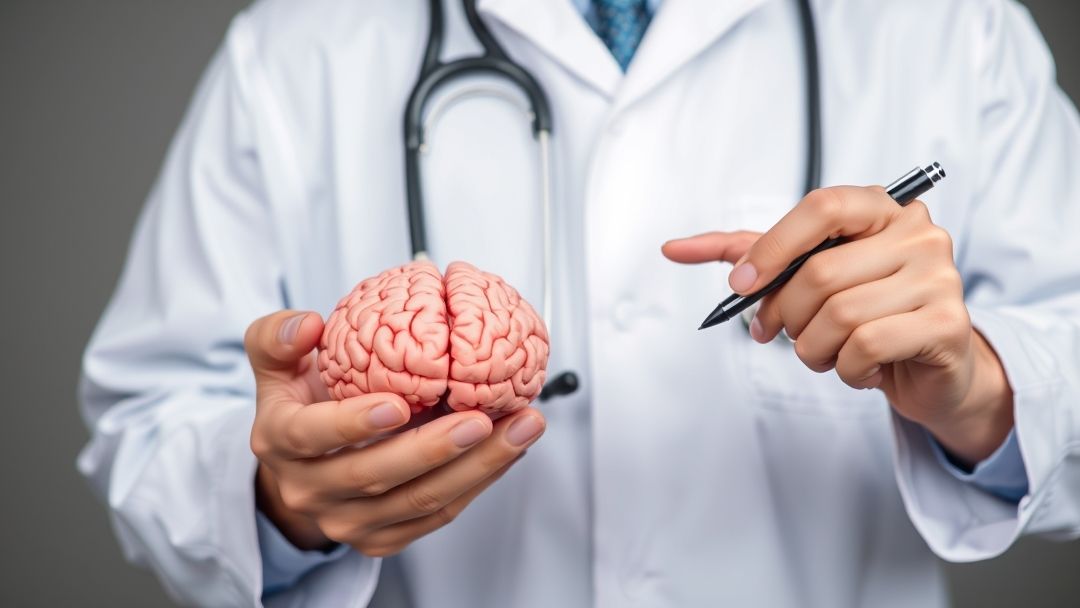Humans need to communicate.
In our so-called modern world, the pressure of time, multiple demands, and rigid rhythms often create a relational deficit.
Not necessarily in quantity, but very often in quality.
Yet feeling listened to, understood, accepted is one of our fundamental needs.
And that is precisely where artificial intelligences excel.
I’ll deliberately set aside here the philosophical or cognitive debate on whether AIs truly “understand” us.
What matters is that they give us a strong sense of being understood — and that is enough for what follows.
Conversational AIs are designed to make the user feel valued, to show infinite patience, and to clearly organize one’s thoughts.
They summarize, rephrase, and structure what we say — all without ever getting tired or raising their voice.
The result: we feel listened to, validated, confirmed.
This type of interaction creates an effect very similar to a dopamine rush.
Frequent repetition of such exchanges can lead to a mild but real form of dependency.
We come back because it feels good.
And while dopamine is essential for motivation and pleasure, too much of it can unbalance our brain circuits and behavior.
When we move beyond the purely technical or informational use of AI and enter into conversation, into a relationship perceived as human, the tool stops being neutral:
we project a human status onto it — and react as if the exchange were truly human.
That’s when the more insidious effects can appear, especially among the most vulnerable.
Those who suffer from social isolation, those who constantly seek validation, signs of existence, recognition.
That “I know you exist, I acknowledge you” that humans struggle so much to get from one another — and which AI, in contrast, gives us freely.
So, should we start warning people about these side effects, as we do with smartphones, social media, or video games?
Should we teach how to navigate artificial conversation, how to tell the difference between human connection and benevolent simulation?
Before this gentle addiction becomes a major breach in our cognitive and emotional health…
is there a neurologist in the room?




